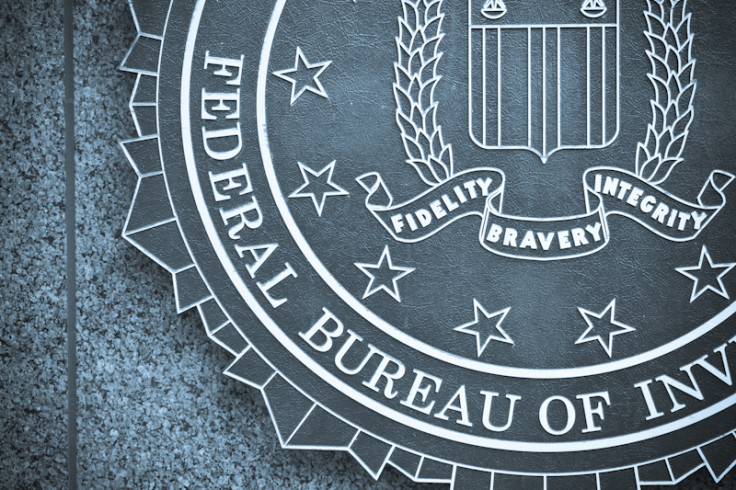FBI says it can't unlock Texas church shooter's encrypted phone for its investigation
"Unfortunately, at this point in time, we are unable to get into that phone," FBI Special Agent Christopher Combs said.
The FBI has confiscated the phone of the gunman who opened fire at a church in Sutherland Springs, Texas on Sunday, 5 November, but is unable to unlock it for its ongoing investigation, an official revealed. The shooter, who has been identified as 26-year-old Devin Kelley, killed 26 people during a service at the First Baptist Church.
FBI Special Agent Christopher Combs, who is leading the investigation, said the gunman's phone has been flown to Quantico, Virginia for analysis.
"Unfortunately, at this point in time, we are unable to get into that phone," Combs said during a press conference on Tuesday, 7 November. "It actually highlights an issue that you've all heard about before with advance of the technology in the phones and the encryption. Law enforcement, whether it's at the state, local or the federal level, is increasingly not able to get into these phones.
"I can assure you that we are working very hard to get into the phone and that will continue until we find an answer. I don't know how long that is going to be. It could be tomorrow, it could be a week, it could be a month."
It is still unclear what type of phone the Texas shooter used. Combs did not specify the type of device used over concerns that it may promote the phone's security capabilities to other criminals.
"I don't want to tell every bad guy out there what kind of phone to buy to harass our efforts on trying to find justice here," he said.
"We're going to keep working on that phone and the other digital media that we have, and we're going to turn that over to the [Texas] rangers," Combs added.
The hurdle echoes the high-profile legal battle between the FBI and Apple last year over whether the Cupertino company should be forced to help law enforcement break into the iPhone of the shooter in the 2015 San Bernardino attack.
Apple refused the court order for months, arguing that doing so would set a dangerous precedent in the trade-off between user privacy and security versus national security.
The FBI eventually dropped the lawsuit after it revealed it had obtained a method to unlock the iPhone 5C with the help of an unnamed third-party.
In April 2016, then-FBI Director James Comey suggested that the FBI paid at least $1.3m (£987,100) for the mysterious tool from that particular third-party. Last month, a federal judge ruled that the agency was not obligated to disclose information about the hacking technique, such as the name of the vendor, its price or technical details, since they qualified as classified national security secrets.
The FBI recently said that it failed to access data on 7,000 encrypted mobile devices in its possession, describing the predicament as a "huge, huge problem" for law enforcement.






















